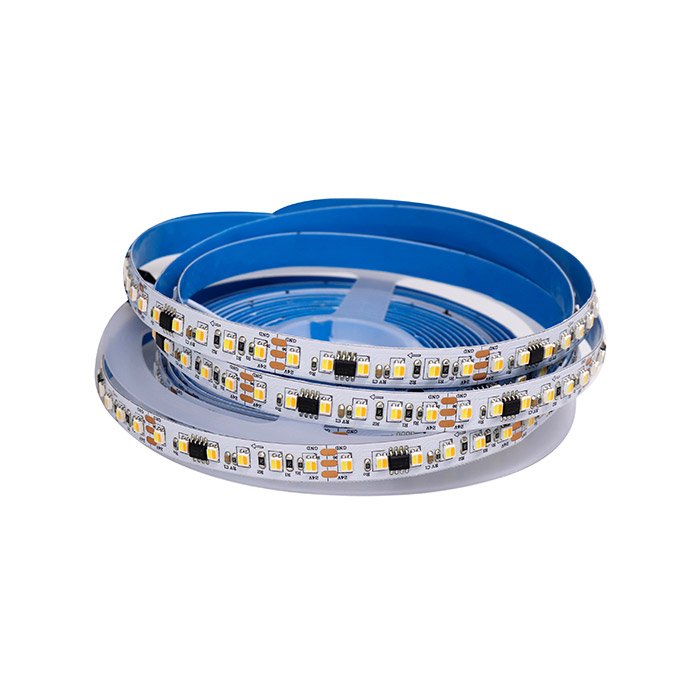
In the realm of personal finance, two terms often intermingle, causing confusion and misinterpretation: frugal and cheap. While both concepts revolve around saving money, they embody distinct philosophies and approaches to managing finances. Understanding the difference between being frugal and being cheap is crucial for making informed financial decisions and achieving long-term financial well-being. In this article, we will delve into the depths of these two concepts, unraveling their true essence and shedding light on their implications.
- The Mindset:
Frugality is a mindset rooted in conscious spending and resourcefulness. It involves making deliberate choices to optimize value and prioritize long-term financial goals. Frugal individuals are mindful of their spending habits, seeking ways to maximize utility and minimize waste. They focus on value, quality, and sustainability, aiming to strike a balance between enjoying life's pleasures and securing a stable financial future.
On the other hand, cheapness stems from a mindset fixated solely on cutting costs without considering the bigger picture. Cheap individuals prioritize immediate savings over long-term value. They often compromise quality, durability, and even ethical considerations in pursuit of the lowest price. Cheapness is driven by a scarcity mentality, where short-term gains overshadow the potential consequences and missed opportunities.
- Approach to Spending:
Frugality emphasizes smart spending and conscious consumption. Frugal individuals carefully evaluate their needs and wants, seeking cost-effective alternatives without sacrificing quality. They prioritize value for money, opting for products and services that provide the best long-term benefits. Frugality encourages research, comparison shopping, and seeking out deals or discounts to make informed purchasing decisions.
Cheapness, on the other hand, revolves around cutting corners and seeking the absolute lowest price. Cheap individuals often prioritize immediate savings over quality, durability, and even ethical considerations. They may opt for inferior products or services, disregarding the potential long-term costs and negative consequences. Cheapness often leads to dissatisfaction, as the focus is solely on the price tag rather than the overall value.
- Long-Term Financial Impact:
Frugality is a strategic approach to personal finance that aims to optimize resources and achieve long-term financial stability. By making conscious choices and prioritizing value, frugal individuals can build savings, invest wisely, and secure their financial future. Frugality allows for financial flexibility, enabling individuals to weather unexpected expenses and pursue opportunities that align with their goals.
Cheapness, on the other hand, can have detrimental long-term consequences. By prioritizing short-term savings over quality and value, cheap individuals may end up spending more in the long run. Cheaply made products may require frequent replacements or repairs, resulting in additional expenses. Moreover, cheapness can strain relationships and hinder personal growth, as it often involves cutting corners at the expense of others' well-being.
Conclusion:
In the realm of personal finance, the distinction between frugality and cheapness is crucial. While both concepts involve saving money, frugality embodies a mindful and strategic approach to spending, prioritizing long-term value and financial well-being. Cheapness, on the other hand, focuses solely on immediate savings, often neglecting quality, durability, and ethical considerations. By embracing frugality, individuals can strike a balance between enjoying life's pleasures and securing a stable financial future, ultimately leading to a more fulfilling and prosperous life.






